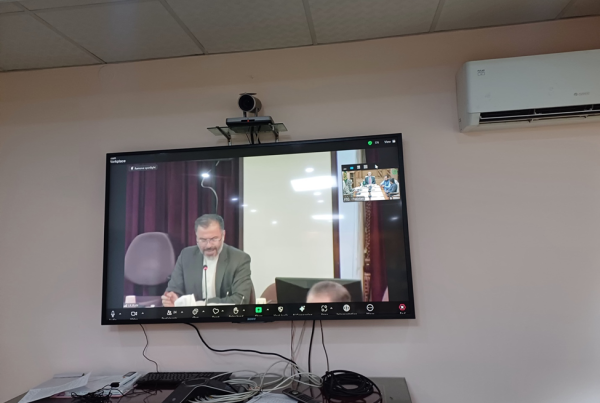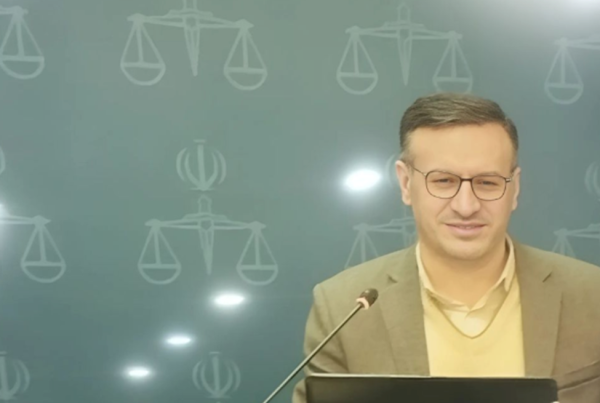The 4th OICOA training session organized by OICOA Secretariat stood out as a compelling exploration into the ever-evolving landscape of the Right to Information (RTI). With over 100 participants from OICOA Member Institutions, and those from Asian Ombudsman Association (AOA) and Forum of Pakistan Ombudsman (FPO), this training session underscored the urgent need for greater transparency and accountability in governance—an issue that continues to strike a chord globally as societies grapple with the balance between state secrecy and public access to information.
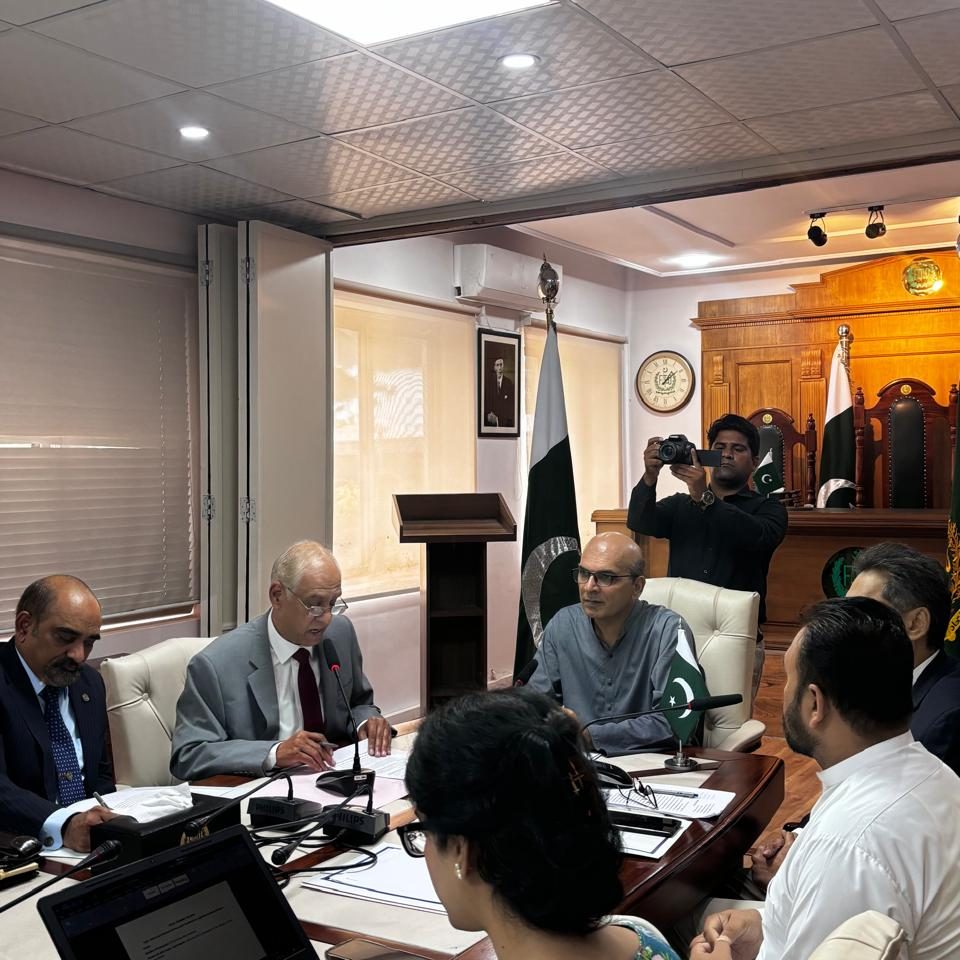
The training session was presided by Dr. Arslan Subuctageen (Director General Trainings – FPO), the session was introduced with a clear focus on the complexities surrounding the acquisition of information from public officials, particularly in cases of maladministration. The key-note speaker for the session was the Director of the Centre for Peace Initiative & Development (CPID), Mr. Mukhtar Ahmed Ali. He brought not only his extensive experience but also a sharp understanding of the dynamic between governance and information access. Mr. Mukhtar who is a veteran in governance, democratic development, and human rights, gave an overview of the nuanced history and contemporary significance of RTI, while illustrating how this right has transitioned from a rare privilege to an essential component of democratic engagement.
He began by contextualizing the concept of RTI within its historical framework, highlighting the gradual shift from governance shrouded in secrecy to a more open, transparent system. He traced this evolution back to the 1766 Freedom of Press Act in Sweden, which he positioned as the genesis of modern RTI principles. From there, he connected the dots to pivotal moments like the Universal Declaration of Human Rights in 1948 and the International Covenant on Civil and Political Rights in 1966, illustrating how these milestones laid the groundwork for the RTI laws we see today in over 135 countries.
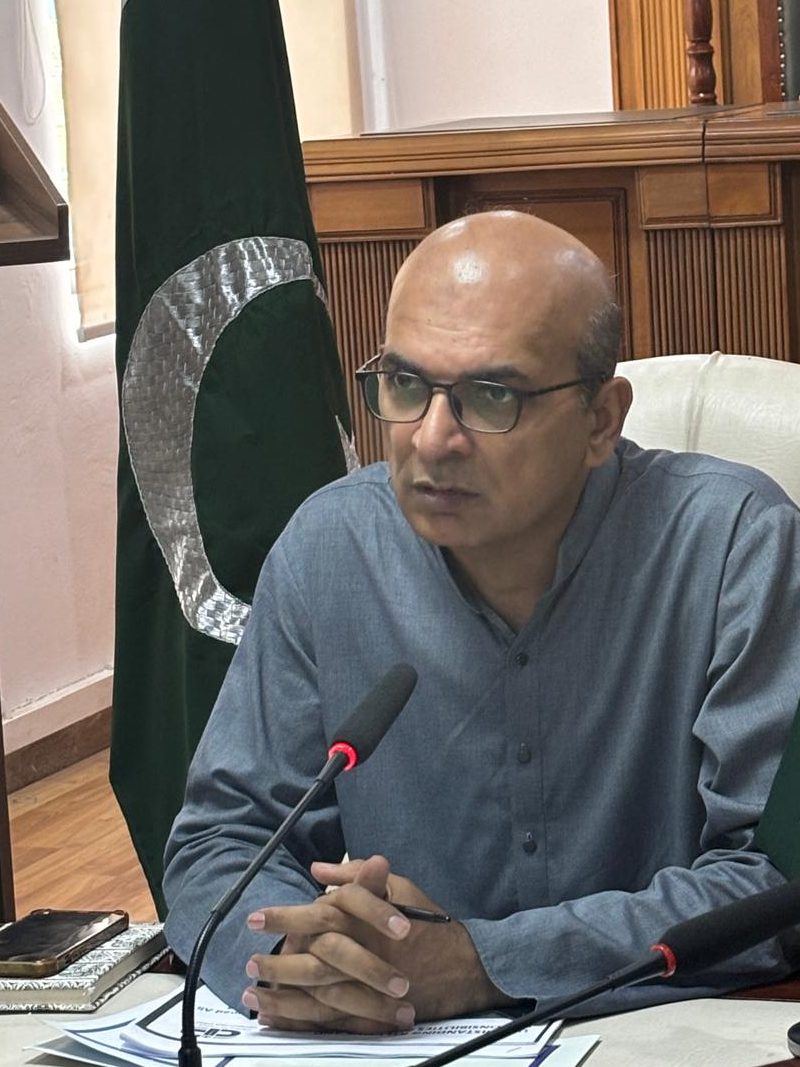
He pointed to the Ottoman Empire’s Hasba system as an early, albeit underrecognized, example of proactive justice and transparency—demonstrating that the roots of RTI are not confined to Western legal traditions but are part of a broader global heritage.
Throughout the session, Mr. Mukhtar emphasized that RTI is not merely a right but also imposes a duty on public bodies to actively share information. This duty, he argued, extends beyond government entities to include any institution that handles taxpayer money, such as market regulators. Ali was particularly forceful in his critique of the current state of consumer information, highlighting how the lack of accurate, accessible data often leaves citizens disadvantaged. He asserted that RTI laws are designed to correct these imbalances, ensuring that transparency is not just a buzzword but a functional reality in everyday governance.
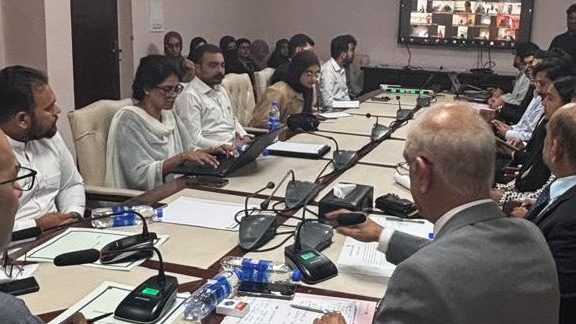
In discussing Pakistan’s RTI framework, he then turned a critical eye toward the Right of Access to Information Act of 2017. He acknowledged the law’s ambitious scope and its clear mandate for transparency, covering a wide range of public bodies, NGOs, and even high offices. However, he also did not shy away from addressing the significant challenges that impede its effective implementation. Under-resourced information commissions, a pervasive culture of secrecy, and inefficient record management were highlighted as formidable obstacles. Despite these issues, he expressed his optimism and pointed to instances where the law has been successfully enforced, including cases where officials faced penalties for non-compliance.
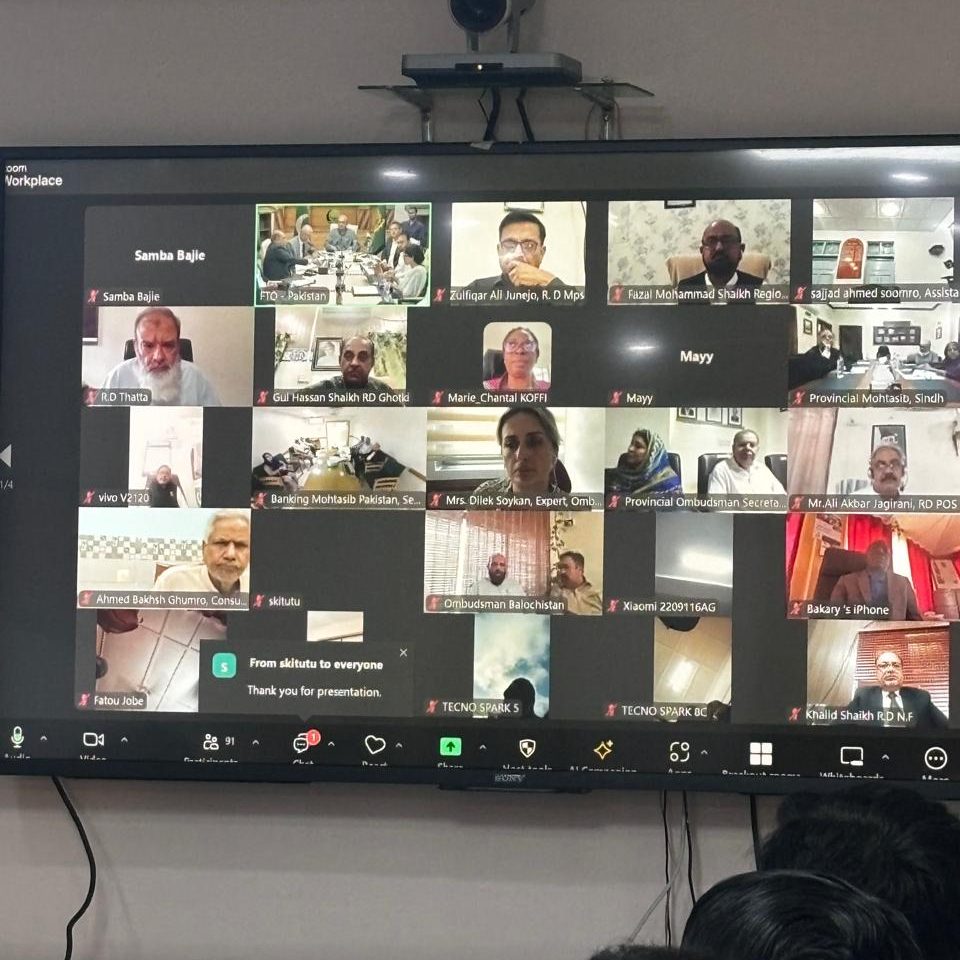
After the presentation, an engaging Q&A session took place. One of the primary concerns raised by participants was the issue of resistance from public officials when it comes to providing information. Advisor from Federal Insurance Ombudsman questioned, “How can we overcome the reluctance of public officials who see transparency as a threat rather than a responsibility?” Ali responded by emphasizing the need for a cultural shift within public institutions, one that redefines transparency not as an adversary but as an essential component of good governance. He suggested that training programs for public officials, coupled with stringent penalties for non-compliance, could help mitigate this resistance.
Another participant, an intern at Federal Tax Ombudsman Secretariat, posed a question about the practical difficulties of archiving and managing records in a digital format. “Given the widespread issues with record management in many public institutions, how can we ensure that the transition to digital archiving is both effective and secure?” Ali acknowledged the complexity of this challenge, particularly in countries where resources for digital infrastructure are limited. He recommended a phased approach, starting with the digitization of critical records and the establishment of secure, centralized databases that can be easily accessed by authorized personnel. He also stressed the importance of capacity-building initiatives to train staff in effective digital record management.
Another question came from the intern at OICOA Secretariat who raised concerns about the application of RTI in cases involving powerful entities like NGOs and high-ranking officials. “In contexts where there is a significant power imbalance, how can RTI laws be enforced without facing retaliation or obstruction from influential bodies?” Ali pointed to the importance of having strong, independent information commissions that can operate without fear of political or financial pressure. He also highlighted the role of civil society organizations and the media in holding these entities accountable, stating, “The strength of RTI lies not just in the law itself but in the collective will of society to uphold it.”
At the closing of the session, Dr. Arslan Subuctageen, OICOA Trainings Head, and Executive Secretary Almas Jovindah took a moment to express their appreciation for Mukhtar Ahmed Ali’s and lauded his depth of knowledge and his ability to make complex subjects accessible to a diverse audience. They emphasized that his insights were invaluable not just for the participants but for the broader mission of promoting transparency within OICOA member states.
In analyzing the broader implications of the session, it becomes evident that the struggle for transparency is not merely a legal or administrative challenge but a cultural one. The resistance to RTI often stems from a deep-seated fear within public institutions that transparency could undermine authority or expose inefficiencies. However, as Ali’s presentation underscored, the true strength of governance lies in its openness. Transparency fosters trust, and trust is the foundation of any healthy democracy.
Moreover, the global context of RTI, as discussed in the session, reveals a fascinating interplay between history, culture, and law. While the principles of RTI may have originated in Western legal traditions, their application and adaptation in different cultural contexts, like Pakistan, show that transparency is a universal value, albeit one that must be tailored to local realities.
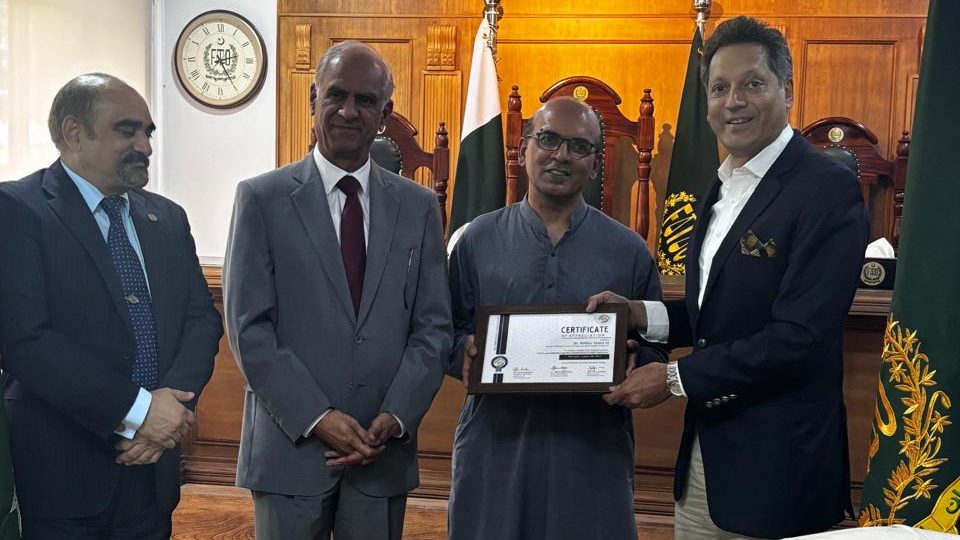
OICOA’s fourth training session was not just an academic exercise but a vital step in the ongoing journey toward more transparent and accountable governance. The discussions and insights shared during the event highlight the challenges ahead but also provide a roadmap for overcoming them. As Mr. Mukhtar Ahmed aptly put it in his closing remarks, “The fight for transparency is ongoing, but each step we take brings us closer to a governance model that truly serves the people.” This session was one such step, and it leaves us with the hope that the momentum for transparency will continue to build in the years to come.

